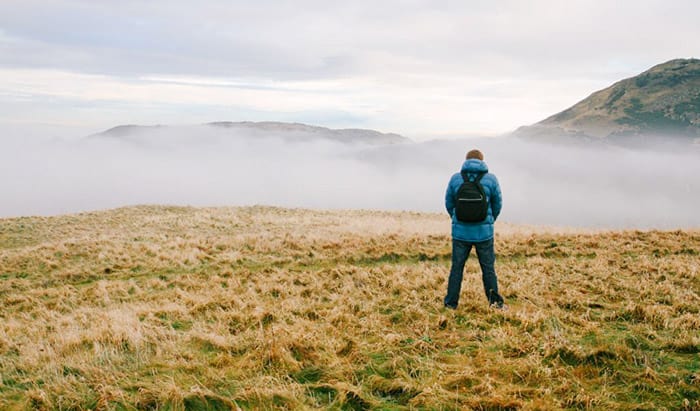Climbing a mountain, hiking brings a unique adventure and experience to anyone. But when you are already at the summit at a high altitude, specific changes may happen to your body due to your elevated location. This reaction includes urinating more at high altitudes.
But how does high altitude make you pee more?
At high altitudes, such as on top of a mountain, the oxygen level is lesser compared to when you are at sea level. This situation causes some physiological responses from the body, including urinating more.
After reading this article, you will know exactly the reasons why do you urinate more at high altitude.
Contents
Body Response at High Altitude Including Increased Urinary Output
As mentioned earlier, when you are at a high altitude, the oxygen level is typically lesser compared to that when you are at sea level. This lack of oxygen level in high places is called hypoxia, and this state can have effects on our body.
Hypoxia is normal for someone at a high altitude to grasp for air, even during a minor physical effort.
Other body responses may occur when you are experiencing hypoxia. But these are just normal body responses often connected with the elevated place where a person is currently located.
The typical body responses associated with the lack of oxygen level are increased heart rate and respiration. There is also an increase in the blood volume to the lungs and the brain, which can impact the digestive and muscular systems.
A person may also experience loss of peripheral vision because of the lack of oxygen. All of the body responses may lead to Acute Mountain Sickness.
Increased in Urinary Output
Another common reaction when someone is at a high altitude is increased urinary output. The lower oxygen level can cause the kidney to react, including releasing the erythropoietin hormone.
This will result in the bone marrow producing more red blood cells, enhancing the ability to carry oxygen in the blood. With the increased red cells, the body will dump more fluid from the blood to create extra space.
This reaction will result in increased urine output by anyone who is in an elevated place. Another effect is the increased collection of fluid in the body tissues.
Hydration is Essential at High Altitude
Altitude and hydration go hand in hand. As a result of frequent urination at high altitudes, your body needs more water when you are in an elevated place. The temperature, humidity, body activity, and your current physical fitness can also dictate how much water you need when you are in a high place.
Water is essential to our body. So, the tendency of someone to lose more body water at high altitudes makes it necessary to drink more during this time. When you lose water, expect to breathe rapidly, which may also increase your heart rate.
Aside from the altitude, another factor that may make someone lose more body fluids at high altitude is the climate. When you are climbing in scorching heat, you will tend to sweat more, resulting in more bodily fluids loss.
Your activity in the elevated place will also enhance your tendency to lose more water. When climbing or hiking on difficult terrain and carrying heavy climbing essentials, it can affect your energy and the amount of water you need to hydrate.
Frequent Urination at High Altitude is Normal
Frequent urination at high altitudes is just normal. Mountain climbers and even bikers know this situation. It is usual for you to go to the restroom frequently compared to at sea level. As mentioned earlier, it is one of the body’s responses when dealing with thin air at high altitudes.
When someone is in an elevated place, their body wants to be drier at a high altitude. Frequent urination results in the thickening of the blood, with the hemoglobin more concentrated.
But the best thing about our body tends to adapt to the high altitude. So, within 24 hours or a day after settling at a high altitude, your body should be able to adapt to carrying more oxygen in the blood.
Another thing you need to remember about urinating more at high altitudes is that it’s not a major issue. It is normal for these things to happen due to the body’s responses to the lack of oxygen level.
Yes, you can hydrate yourself by drinking water but avoid drowning yourself every moment because our body has the ability to adapt to the high altitude. Maybe, an extra liter of water from your normal water consumption is enough to cover the loss of body fluids at high altitudes.
Conclusion
Why do you urinate more at high altitude? This article explains that the frequent urination of someone at high altitude is just one of the many body responses that someone may experience because of the lesser oxygen level at elevated places. The frequent water loss may require you to hydrate more at high altitudes.

